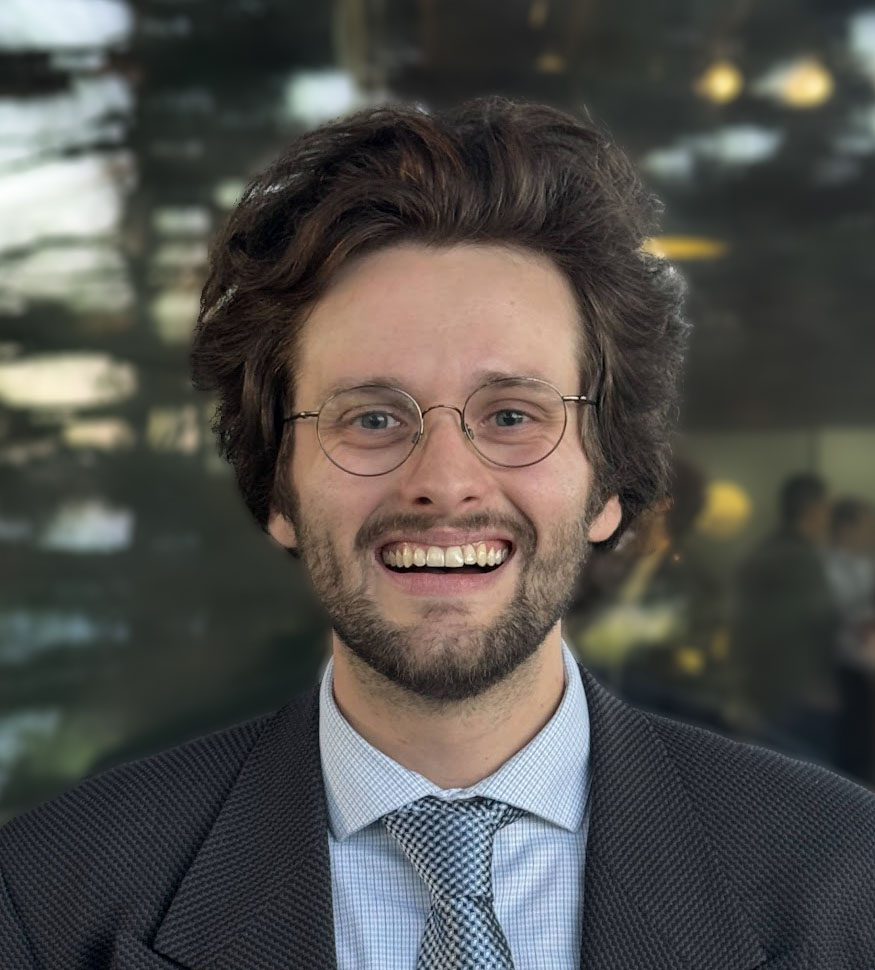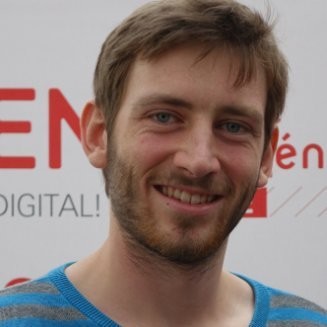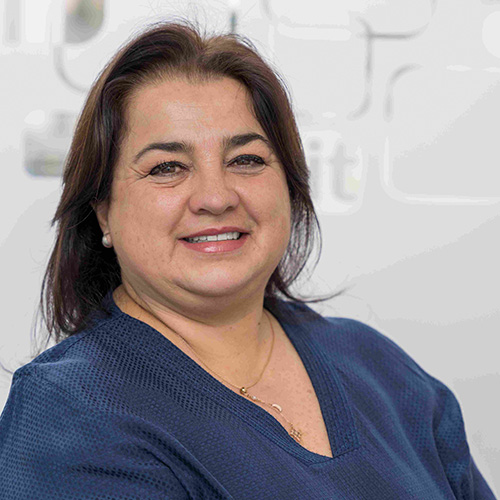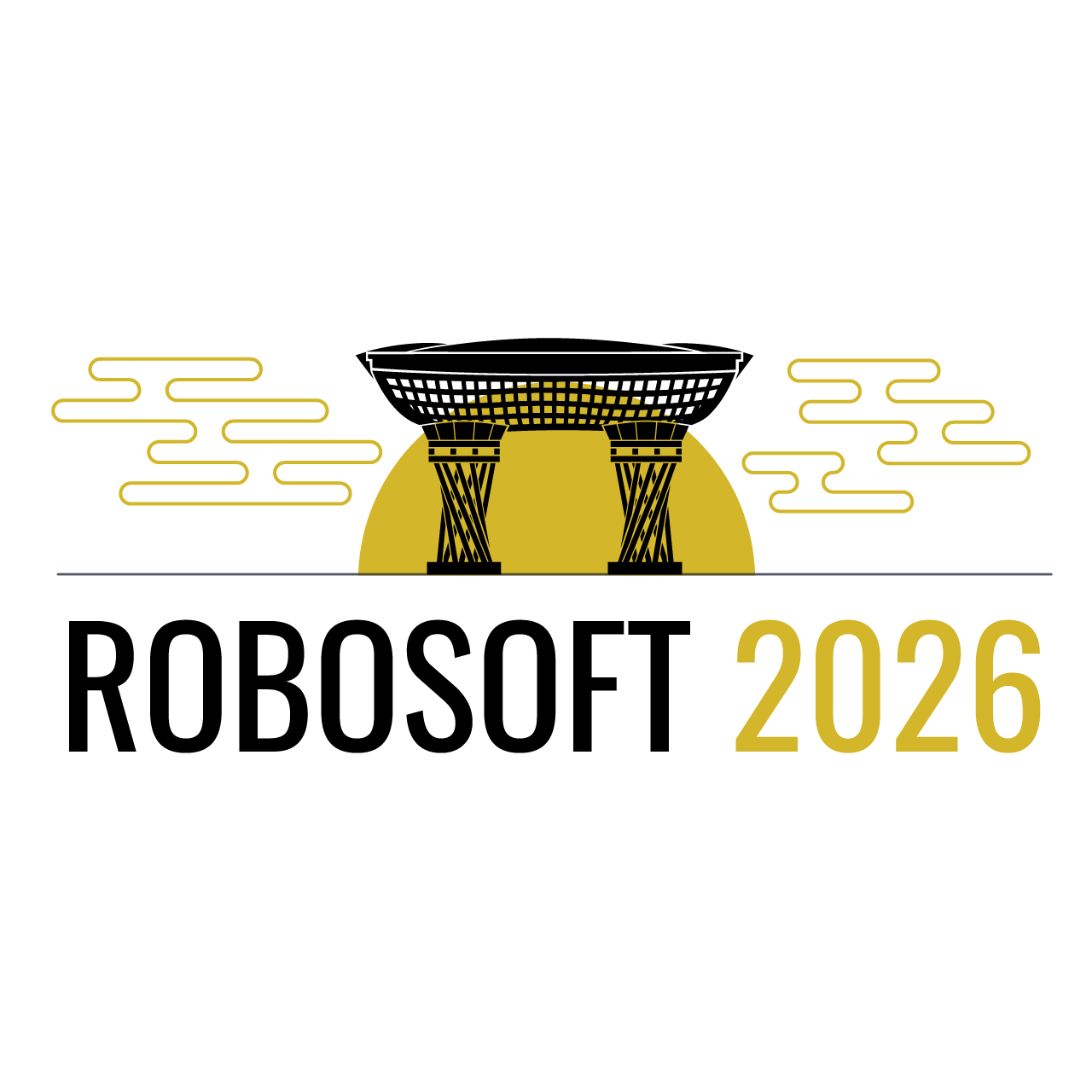Organizers

Trevor Exley
Soft BioRobotics Perception
Istituto Italiano di Tecnologia, Italy

Majid Taghavi
Intelligent Muscles Group
Queen Mary University of London, UK

Felix Vanneste
EnsadLab - Art & Design Research Laboratory
École des Arts Décoratifs de Paris, France

Lucia Beccai
Soft BioRobotics Perception
Istituto Italiano di Tecnologia, Italy
Abstract
As the field of soft robotics continues to grow, it is clear that it is no longer in its adolescence. Simulation tools, sensing strategies, and fabrication methods are beginning to mature, providing a stronger foundation than ever before. Yet this progress also brings us to an impasse: should we continue to draw inspiration from traditional robotics paradigms, or rethink our design strategies to fully exploit the unique properties of soft materials?
Unlike rigid robots, where sensors are an afterthought or integrated into actuators such as motors with encoders, soft robots face inherent challenges of material mismatch. This creates unique demands for sensing, modeling, and control that are inseparable from fabrication and material choice. Bridging this gap calls for monolithic soft systems, where actuation, sensing, and structure are developed together through shared design strategies.
The first part of this workshop will highlight specific technologies that make such integration possible, including advances in simulation, embedded sensing, and fabrication. The second part will focus on integrated and monolithic systems, showcasing how these technologies come together in complete soft robots where sensing, actuation, and structure operate as one. Through talks, poster sessions, and discussions, participants will explore recent examples that demonstrate the benefits and challenges of achieving full integration in practice. By bringing together perspectives from engineering, biology, and materials science, the workshop aims to identify key directions for designing and realizing the next generation of soft robotic systems.
Description
Soft robotics is steadily moving beyond its formative years. Advances in fabrication, sensing, and simulation have enabled robots that are more capable and versatile than ever before. However, this maturity also highlights the limitations of traditional design approaches from system engineering, which often treat actuation, sensing, and control as separate layers that are assembled after they are designed and built. In contrast, the inherent compliance and material diversity of soft robots demand that these elements be developed together and perform symbiotically. Thus, the challenges are not only related to advancing materials and fabrication technologies, but in the design process new workflows must be created, to enable a co-design approach with the contribution of innovative simulation methodologies. To move forward, the community must explore new strategies that unify design, fabrication, simulation, and sensing in truly integrated systems.
This workshop brings together leading researchers who are advancing these frontiers from complementary perspectives, spanning design tools, embedded sensing, fabrication, and system-level integration. Central to this discussion is the notion of co-design, where material selection, actuation mechanisms, sensing modalities, and control strategies are developed as interdependent components of a single system. Such approaches hold promise for realizing monolithic soft robots, where sensing and actuation are embedded directly within the structure of the robot.
Overview
The first half of the workshop focuses on design tools and strategies that make integration possible. Talks in this session will explore computational frameworks for co-design, soft sensing and electronics for distributed perception, and fabrication approaches that enable multifunctional materials. These include developments in stretchable sensing layers, 3D-printed optical and electronic networks, and simulation environments that link material properties to robotic function. Together, these talks establish the technological foundations required to model, design, and fabricate integrated soft systems.
The second half of the workshop transitions from enabling technologies to realized integrated and monolithic systems. Speakers will showcase examples where structure, actuation, and sensing are co-fabricated into unified platforms, ranging from fluidically controlled soft robots and biohybrid constructs to additive-manufactured systems with multifunctional components, embedded sensing and adaptive stiffness. This session emphasizes how these advances translate co-design principles into working prototypes, revealing both the potential and challenges of creating fully integrated soft machines.
Through panel discussions and an interactive poster session, the workshop will encourage dialogue between senior researchers and early-career participants to identify shared challenges, evaluate integration strategies, and define priorities for the next stage of the field. By highlighting both the enabling tools and the realized systems, this workshop aims to clarify what “monolithic” means in the context of soft robotics and outline practical routes for achieving it. The overarching goal is to help the community move toward more cohesive, robust, and capable soft robotic systems that connect material innovation, computational design, and functional performance.
Topics
-
Co-design of soft robots
-
Design tools for integrated systems
-
Digital twins and physics-based simulation for integrated soft robots
-
Embedded and distributed soft sensing
-
Stretchable electronics for soft robot integration
-
Fabrication strategies for monolithic systems
-
Self-sensing soft actuators
Invited Speakers
| Speaker | Affiliation | Country |
|---|---|---|
Majid Taghavi | Queen Mary University of London | United Kingdom |
Felix Vanneste | Ecole des Arts Decoratifs | France |
Diana Cafiso | Istituto Italiano di Tecnologia | Italy |
Perla Maiolino | Oxford Robotics Institute | United Kingdom |
Miriam Filippi | ETH Zurich | Switzerland |
Petr Trunin | Istituto Italiano di Tecnologia | Italy |
Michael T. Tolley | UC San Diego | United States |
Guangming Xie | Peking University | China |
Taekyoung Kim | Northwestern University | United States |
David Hardman | Cambridge University | United Kingdom |
Stephanie Woodman | Yale University | United States |
Edoardo Milana | University of Freiburg | Germany |

